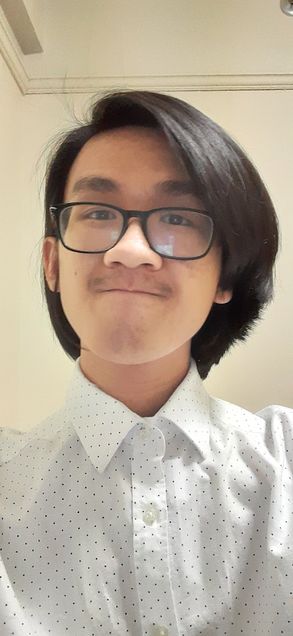Meet the 2022–2023 NLC Menino Fellow: An Pham
The Initiative on Cities (IOC) is pleased to announce An Pham (KHC ‘24) as our 2022–2023 National League of Cities (NLC) Menino Fellow. An is a junior majoring in Economics and Mathematics and is interested in inequality, environmental policy, and urban economics. He hopes to pursue a career in policy analysis, where he can work with city governments, activists, and other academics to make a difference.

An’s directed study will focus on the history of Boston housing policy. He is investigating the social patterns and policy choices that defined major eras of Boston’s development, from the post-war period, through urban renewal, and into ongoing suburbanization and gentrification. An will focus on interventions by the City of Boston, including how they’ve worked, who they’ve served and failed, and whether lessons can be learned for Boston’s current housing crisis.
An was born in Cambridge but spent most of his life in Toronto, Canada. Growing up in a low-income neighborhood, An attended schools in different areas of Toronto and made friends with vastly different economic backgrounds. An’s exposure to economic and cultural diversity made him passionate about inequality and its causes. He wrote for his high school’s newspaper, serving as Editor-in-Chief, and started an archive of its old documents. He also developed a passion for coding, leading lessons for other students. In his free time, An writes songs, codes demoscenes, and—according to An—”recommends terrible music to his friends.”
We asked An a few questions about his future plans and his interest in the fellowship:
What made you interested in applying for the NLC Menino Fellowship?
Going into my junior year, I had a lot of academic skills under my belt. I wanted to test them, though, and the NLC Menino Fellowship was the perfect chance. The Directed Study would let me go deeper into a specific topic, while the DC portion would let me see the broad scope of work around it, in person. I saw both aspects as a way to complicate and contradict the theories I’d learned in class and let me grapple with the challenges of putting them to practice. It’s very exciting as a student interested in
policy work to get a real taste of it while I’m still studying.
When did you become interested in cities?
I became interested in cities during my freshman year at Boston University. Studying economics during an election year as the world adapted to the pandemic made me think about how policy gets implemented and pitched to the public. I was intrigued by how much of that happened on a municipal level. That summer, I got to work with the City of Chelsea through the IOC’s Open Data Fellowship. I also loved how learning about cities helped me understand Toronto better. It’s a more personal and tangible kind of economics, playing out block by block instead of over nations.
Why did you decide to focus on the history of housing policy in Boston for your directed study?
I decided on housing policy because of its major impacts on inequality and sustainability, as well as the urgency of housing affordability in both Boston and Toronto. The chance to study it under Professor Lees, with her expertise in gentrification and urban geography, was perfect for me. Academically, housing is fascinating as an economic field where the government and local history play a massive role. It’s driven by unique factors in every city that make studying it in a normal class difficult. I especially wanted to study Boston’s infamous choices to bulldoze and rebuild neighborhoods after World War II. Personally, however, housing affordability is an urgent cause I want to work towards.
What are you most looking forward to in the spring semester, during your internship with the NLC’s YEF Institute?
Policymaking is a long, strange process. So I’m excited to meet the people behind every step of it and learn about their unsung day-to-day work. There’s so many disciplines involved in understanding and running a city, so much knowledge to combine and somehow draw decisions from. The YEF Institute’s many initiatives and experts exemplify that. I want to see how my field fits into that process, what my blind spots are, and get a sense of what skills I need to effectively contribute once I graduate.